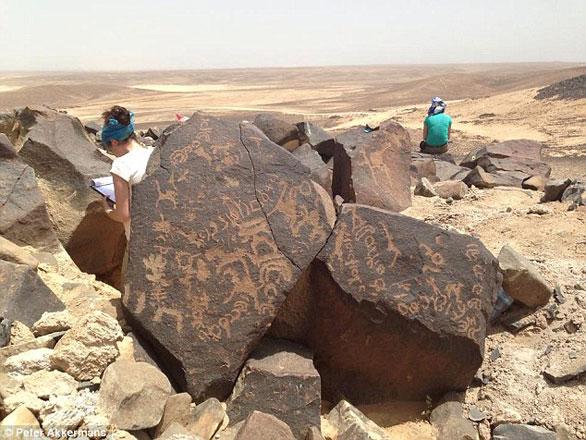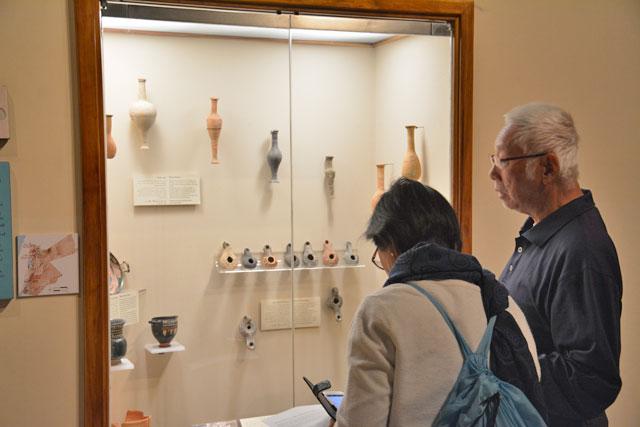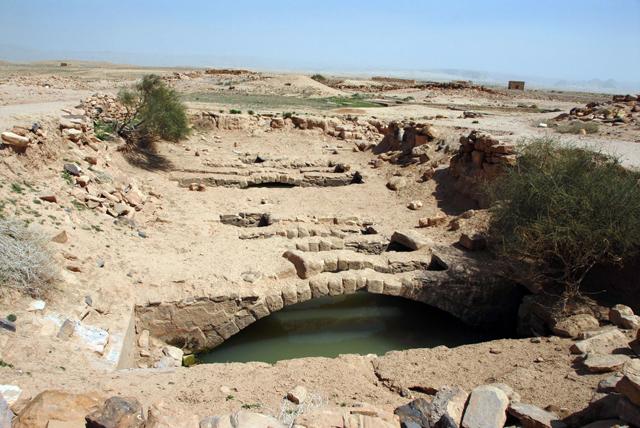You are here
World’s oldest chess piece to be returned to Jordan decades after excavation
By JT - Jan 11,2020 - Last updated at Jan 11,2020
AMMAN — Canadian Archaeologist John Oleson has agreed to return what is believed to be the world’s oldest chess piece to Jordan, a rook that dates back to around 1,300 years.
Oleson discovered the piece in 1991 during archaeological excavations in Al Humayma, the Jordan News Agency, Petra, reported on Friday.
Oleson may also return two other chess pieces dating back to the 13th century, which he found during excavations in the Husban and Wadi Finan areas, Petra reported.
In a reply to a letter from the Department of Antiquities (DoA), Oleson, who is a professor of archaeology at the University of Victoria in Canada, said that the piece, made of sandstone, is believed to be the first documented chess piece in the world.
The castle-shaped stone is squat and rectangular, with “horn-like projections”. Although Oleson noted it does resemble other artifacts, such as a Nabataean betyl, which is an altar made out of a block of stone, when he compared the rock carving to other early chess pieces, the parallels were “far more convincing”.
According to Oleson, the object has the same abstract shape that other early Islamic chess pieces had.
References to chess playing can be found in Islamic texts from as early as the seventh century AD, Oleson said, adding that the game was “very popular”.
The piece Oleson found is “nearly identical” to abstract rook pieces dating from later centuries that were found in and around Jordan, Petra reported.
Samia Khouri, head of museums and archaeological awareness at the DoA, told Petra that the department requested the archaeologist to return the piece along with his study, to verify it.
Prior to 2000, the DoA had a by-law allowing foreign excavation missions to take “half of their findings” out of the country for the purpose of conducting studies and research, while the other half was sent to the DoA, Khouri said, describing how the Canadian scientist managed to take the piece out of the Kingdom.
She noted that this by-law has since been cancelled, and all discovered items are now property of the department.
Related Articles
AMMAN — Local archaeologists, in cooperation with members of the Jebel Qurma Archaeological Landscape Project, have recently discovered ston
AMMAN — The Department of Antiquities (DoA) is currently installing security cameras in museums as part of efforts to safeguard ancient arte
AMMAN — Despite no “direct literary sources”, a Canadian scholar is piecing together archaeological clues to the origins of the ancient sett














